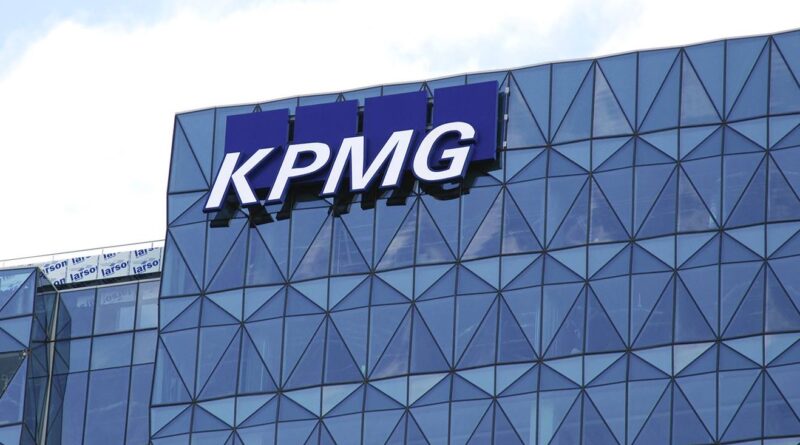Majority of US CEOs expect significant returns from sustainability investments within 3-5 Years, says KPMG
The majority of US CEOs expect to see significant returns from their company’s sustainability investments within three to five years, and the corporate leaders continue to rank ESG as their top operational priority, even in the face of inflationary and supply chain challenges and Gen AI-related opportunities, according to a new survey released by professional services firm KPMG US.
For the study, the 2024 KPMG U.S. CEO Outlook Pulse Survey, KPMG surveyed 100 CEOs from large companies with annual revenue greater than $500 million, including one third with more than $10 billion in revenues, on the key challenges and opportunities in driving business growth and managing the combination of near-term risks and structural economic changes.
While examining a range of factors from generative AI to talent management, the survey revealed that the execution of ESG initiatives remains the top operational priority for CEOs, cited by 17% of respondents, followed by inflation-proofing capital and input costs at 14% and advancing digitization and connectivity, improving supply chain agility and resilience, and improving the customer experience, each at 11%.
Rob Fisher, KPMG US ESG Leader, said:
“CEOs are going beyond checking the compliance box on sustainability. They’re making it a core business imperative, leveraging cutting-edge data and AI capabilities to drive real-time strategies with measurable impact.”
The survey indicated that the CEOs continue to focus on ESG as the initiatives and investments are expected to yield financial returns. According to the study, 55% of CEOs reported that they expect to see “significant returns” from their sustainability investments in 3-5 years, with 19% anticipating significant returns as soon as 1-3 years. Another 25% expect a longer period, predicting 5-7 years.
Fisher added: “With sustainability initiatives now seen as a path to profits, not just purpose, leaders expect their investments to deliver a serious revenue boost within the next three to five years. From operations to products to governance, they are catalyzing a shift toward a more sustainable and lucrative future for business.”
The survey also assessed CEOs’ key priority areas for their sustainability efforts, with Operations emerging as the top focus area, cited by 42% of respondents, followed by Products at 24%, and governance models and transparency protocols, such as best practice reporting, at 16%.
Other key findings in the survey included a high level of confidence by the CEOs, with 87% reporting they are confident in the growth prospects for the U.S. economy and 78% in the growth prospects of their own companies, and 72% expecting their companies to increase headcount over the next year.
The survey also examined the CEOs’ views on the opportunities and challenges of generative AI, with 41% planning to increase GenAI investment over the next year, while 38% citing ethical issues as a top challenge in its deployment. Addressing the responsible use of AI, CEOs are planning to implement a series of measures, including 81% reporting that they will use disclosures such as “made with assistance of 81% generative AI” to enable consumers to know the source of content, 63% implementing privacy measures including data anonymization techniques, and 49% planning the establishment of clear ethical guidelines for GenAI.
Paul Knopp, Chair and CEO of KPMG US, said: “CEOs are thinking beyond complying with climate disclosure rules and focused on creating long-term value for their companies, ensuring the integration of sustainability into core business practices and operations. They see their sustainability strategy and reporting being supercharged by effective data management and GenAI, which can help their organizations make real-time, data-informed adjustments.”
Soure: www.esgtoday.com




